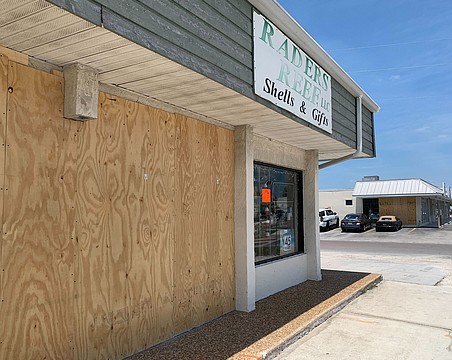Why Housing is So Costly
They say time is money, but a lot depends on whose time and whose money. For example, the San Mateo County Planning Commission in California has spent five years deciding what can and cannot be done with the site of an old racetrack no longer economically viable.
That is more time than it took to build the Empire State Building, the Golden Gate Bridge or the Manhattan Project that produced the first atomic bomb.
None of this delay has cost the members of the Planning Commission a dime. That is why the delay is still continuing. But whatever is finally done with the racetrack site will be vastly more expensive because five years of delay are not cheap.
Such delays are not uncommon in the more politically correct parts of California. Permission to build an apartment complex near San Francisco has taken even longer. Whoever ends up living in those apartments will have to pay far higher rents as a result.
A recent study indicates that one-fifth of new-home buyers in California pay at least half of their income for housing. So do nearly one-fourth of California renters. When it costs half of what you make just to put a roof over your head, that is a big restriction on what else you can afford to do.
How did this situation come about, and why does it continue?
Part of the reason is that it is newcomers who have to pay outrageous prices for houses, while it is existing homeowners who vote for laws and policies that drive up housing costs by obstructing the building of new homes.
Those who already own their own homes are not hurt by soaring housing prices. In fact, they benefit when the value of their homes rises.
Given this situation and these incentives, it is easy to understand why such things as planning commissions, "open space" laws and "historical preservation" policies proliferate. These roadblocks to building are essentially idealistic-sounding ways of being completely selfish.
Despite much liberal rhetoric about compassion for the poor, it is precisely in such overwhelmingly liberal enclaves as those in California where high housing costs resulting from restrictive laws have imposed the heaviest burden on lower income people.
The human consequences of artificially expensive housing extend even to some of the affluent people living in communities with sky-high housing costs. For example, elderly people in such communities - especially those who are ailing and homebound - are often isolated from their children.
Young adults who have not yet reached their peak earnings years usually cannot afford to live in such communities near their parents, unless they live in their parents' homes.
Teachers and policemen, which every community must have, can seldom afford to live where they work, when housing costs are out of sight, and so must commute from a long way away, sometimes spending three or four hours a day driving to and from work on crowded highways.
All sorts of lofty talk about "open space" or "saving the green foothills" is used to disguise the plain fact that those who already have theirs want to keep other people out, especially other people not as upscale as themselves.
Ugly as such selfishness may be, it is no worse than the zealotry of the nature cultists who make life miserable for thousands of other people to give themselves a cheap sense of importance that some confuse with idealism.
The irony in much of California is that the "green foothills" that environmental zealots wax poetic about are in fact brown half the year. The absence of rainfall during the California summer means that these hills are covered with ugly withered grass.
The only places where there is green grass during these dry months are places watered by people - which is to say, mostly places where there is housing.
Thomas Sowell is a senior fellow at the Hoover Institution in Stanford, Calif.





